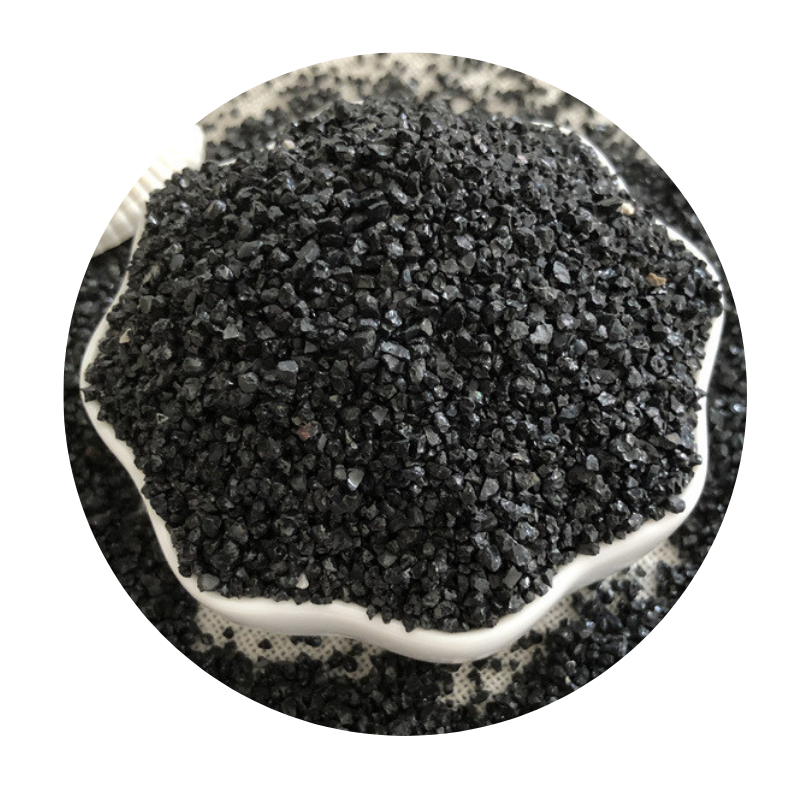
Using Vermiculite for Optimal Mushroom Cultivation Techniques and Benefits for Growth Success
The Role of Vermiculite in Mushroom Cultivation
Mushroom cultivation has gained immense popularity in recent years, not only among commercial growers but also among home gardening enthusiasts. A critical component in the cultivation process is the substrate, the material on which mushrooms grow. One such substrate that has proven effective is vermiculite, a mineral that offers numerous benefits for growing mushrooms.
Vermiculite is a natural mineral that expands when heated, resulting in lightweight, sponge-like particles that retain moisture and provide excellent aeration. These properties make it an ideal substrate amendment for mushroom cultivation. When used in conjunction with other materials, vermiculite aids in creating a balanced environment for the mycelium, the vegetative part of fungi, to thrive.
One of the most significant advantages of vermiculite is its ability to retain moisture. Mushrooms require a high level of humidity to grow successfully. Vermiculite can absorb and hold water, maintaining a consistent moisture level in the substrate. This is particularly important in the early stages of mushroom cultivation when the mycelium is still colonizing the substrate. A well-hydrated substrate supports robust mycelium growth, ensuring a healthy and fruitful mushroom crop.
Moreover, vermiculite's aeration properties are crucial for mushroom development. Fungi, unlike plants, do not photosynthesize, relying instead on an oxygen-rich environment for respiration. The airspaces created by vermiculite enable proper gas exchange, preventing anaerobic conditions that can lead to contamination and poor growth. The loose texture of vermiculite prevents compaction, allowing for optimal airflow throughout the substrate.
vermiculite for growing mushrooms

In addition to moisture retention and aeration, vermiculite is also pH neutral, which makes it suitable for various mushroom species. Many mushrooms prefer slightly acidic to neutral environments, and using vermiculite can help maintain the necessary pH balance for healthy mycelium growth. Furthermore, vermiculite is sterile when purchased, reducing the risk of introducing contaminants into the growing medium.
Vermiculite can be used in many mushroom cultivation methods, including Block Cultivation, Bag Cultivation, and even in small home setups. It is often mixed with other ingredients such as brown rice flour, sawdust, or straw to create a nourishing substrate. Each addition can provide different nutrients that enhance mycelium growth, making the substrate a more suitable environment for various mushroom species such as oyster mushrooms, shiitake, and lion's mane.
While vermiculite is an excellent substrate component, it is essential to use it judiciously. Although it retains moisture well, too much water can lead to saturation and the risk of rot. Mushroom growers should monitor the moisture levels within the substrate and adjust the water content accordingly.
To sum up, vermiculite is a versatile and beneficial substrate amendment for mushroom cultivation. Its moisture-retaining properties, aeration capabilities, and pH neutrality make it an ideal choice for both novice and experienced growers. By providing a conducive environment for mycelium growth, vermiculite plays a crucial role in enhancing fruiting and ultimately yields. Whether you're a backyard mushroom farmer or looking to scale up your production, incorporating vermiculite into your growing strategy can lead to more successful and robust mushroom crops. With the right care and attention, the incorporation of vermiculite can help you unlock the full potential of your mushroom cultivation endeavors.
Share
-
Premium Pigment Supplier Custom Solutions & Bulk OrdersNewsMay.30,2025
-
Top China Slag Fly Ash Manufacturer OEM Factory SolutionsNewsMay.30,2025
-
Natural Lava Rock & Pumice for Landscaping Durable Volcanic SolutionsNewsMay.30,2025
-
Custom Micro Silica Fume Powder Manufacturers High-Purity SolutionsNewsMay.29,2025
-
Custom Mica Powder Pigment Manufacturers Vibrant Colors & Bulk OrdersNewsMay.29,2025
-
Custom Micro Silica Fume Powder Manufacturers Premium QualityNewsMay.29,2025






